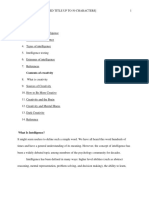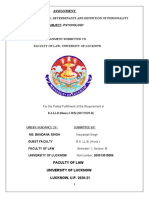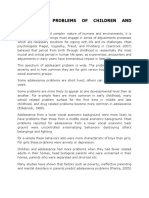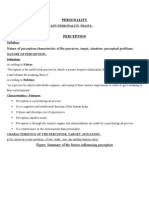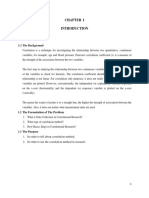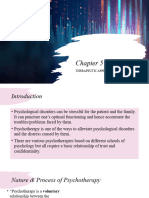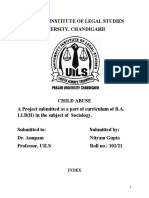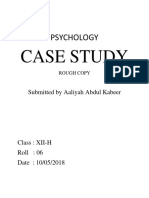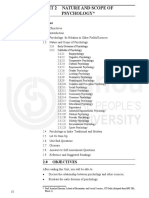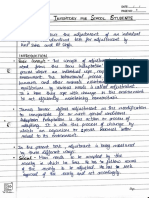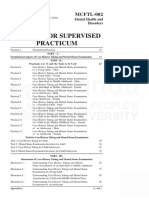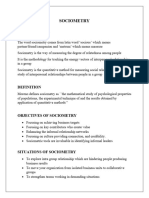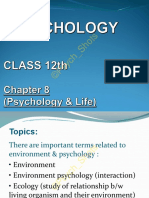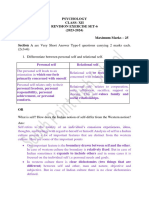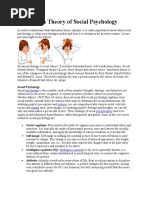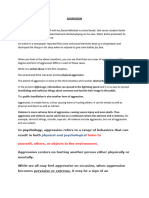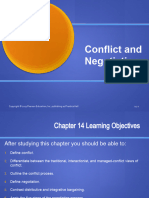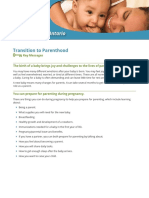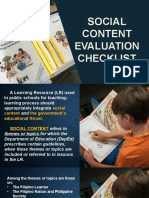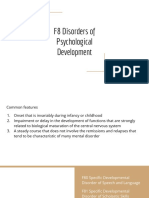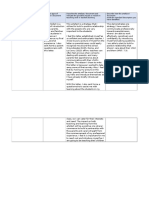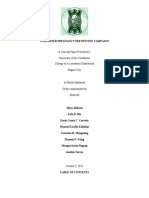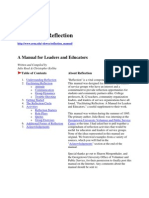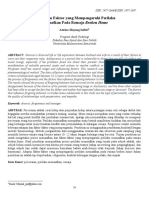100% found this document useful (1 vote)
1K views9 pagesPSYCHOLOGY Assignment On Aggression
The document defines aggression as behaviors that can harm people or objects physically or psychologically. It discusses two main types of aggression: impulsive aggression driven by strong emotions in the moment, and instrumental aggression intended to achieve a goal. Forms of aggression include bullying, violence, hostility, and property destruction. Aggression can negatively impact health and relationships by causing inflammation and being associated with mental health issues. Factors contributing to aggression include frustrations, social learning, illness, genetics, and personal problems. The document provides tips for dealing with aggression such as finding its source, relaxation, avoiding grudges, and seeking help.
Uploaded by
Kunwar RajCopyright
© © All Rights Reserved
We take content rights seriously. If you suspect this is your content, claim it here.
Available Formats
Download as PDF, TXT or read online on Scribd
100% found this document useful (1 vote)
1K views9 pagesPSYCHOLOGY Assignment On Aggression
The document defines aggression as behaviors that can harm people or objects physically or psychologically. It discusses two main types of aggression: impulsive aggression driven by strong emotions in the moment, and instrumental aggression intended to achieve a goal. Forms of aggression include bullying, violence, hostility, and property destruction. Aggression can negatively impact health and relationships by causing inflammation and being associated with mental health issues. Factors contributing to aggression include frustrations, social learning, illness, genetics, and personal problems. The document provides tips for dealing with aggression such as finding its source, relaxation, avoiding grudges, and seeking help.
Uploaded by
Kunwar RajCopyright
© © All Rights Reserved
We take content rights seriously. If you suspect this is your content, claim it here.
Available Formats
Download as PDF, TXT or read online on Scribd
/ 9


